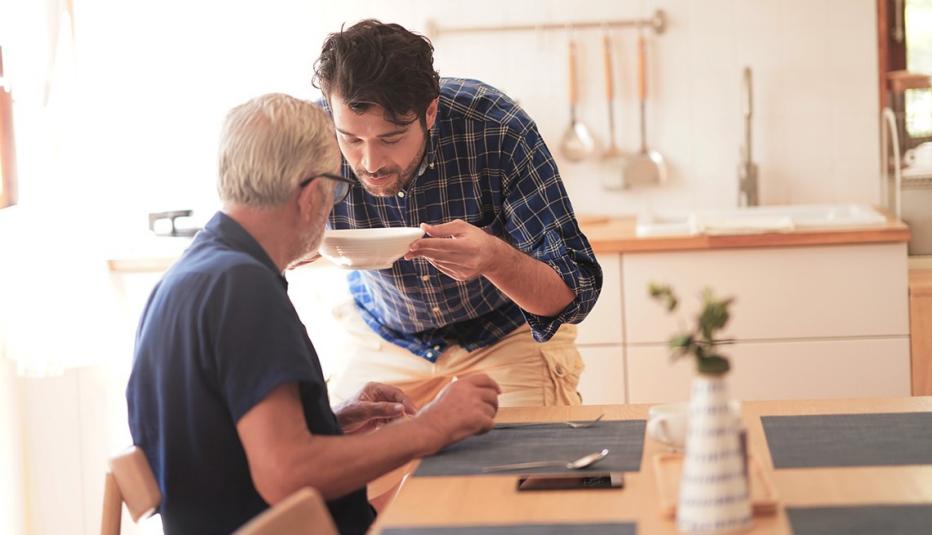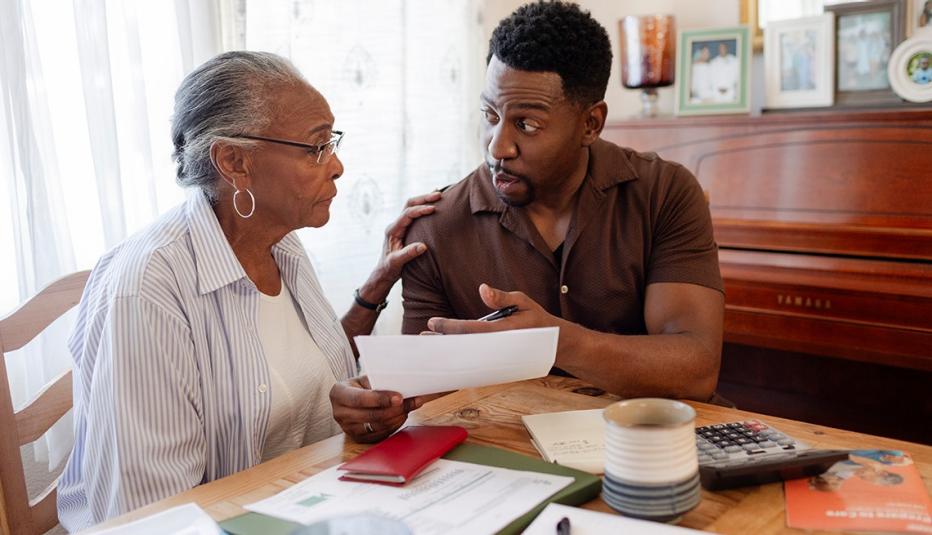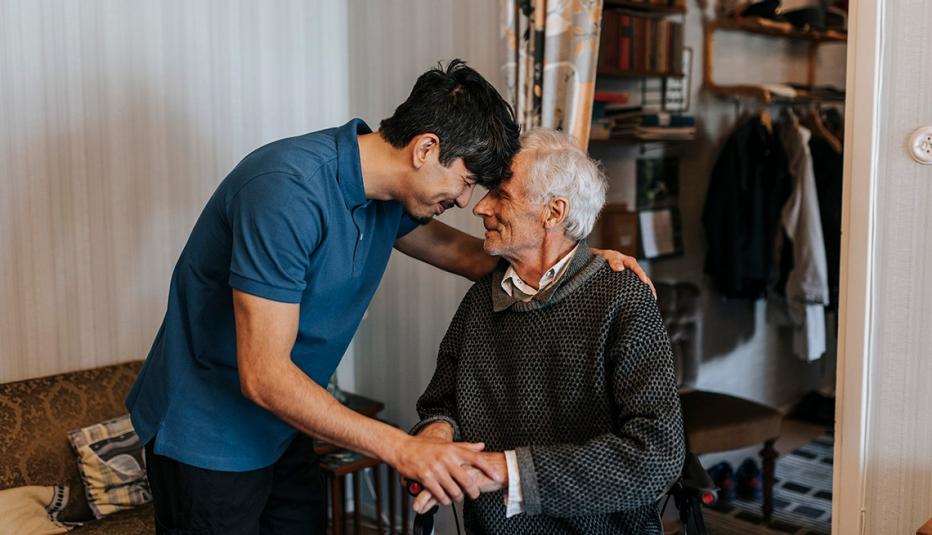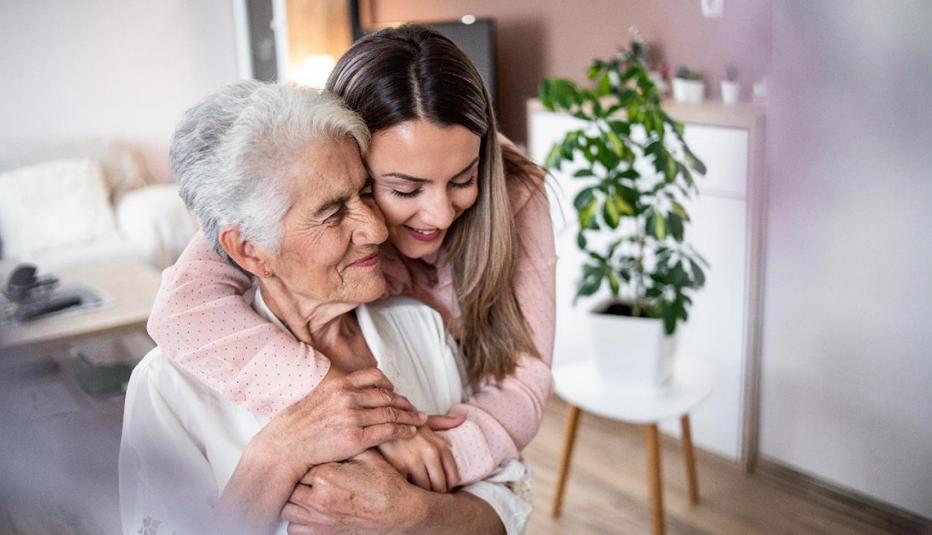AARP Hearing Center
| Throughout the United States, family caregivers provide critical support to adults with a chronic, disabling, or otherwise serious health condition. Each year, about 40 million American adults provide support with basic functional (e.g., help with eating, bathing), household (e.g., meal preparation, help with shopping), and medical/nursing tasks to help individuals remain in their homes and communities for as long as possible. Of these 40 million family caregivers, about 1 in 4 is part of the Millennial generation.
Using data from the AARP Public Policy Institute-National Alliance for Caregiving’s Caregiving in the U.S 2015 and other national data sources, this Spotlight is the first to look comprehensively at Millennials as family caregivers. It offers a closer look into the background, experiences, and challenges involved with being a Millennial family caregiver, including:
- Multicultural Identities: More than half of Millennial family caregivers are African American/Black, Hispanic/Latino, or Asian American/Pacific Islanders.
- Tasks and Time: Millennial family caregivers help with complex functional and medical/nursing tasks at a rate similar to those of other generations, and on average provide more than 20 hours per week in care.
- Mental Health Caregiving: One in three Millennial family caregivers supports someone with a mental health or emotional problem.
- Employment and Income: Almost three in four Millennial family caregivers are employed, and they are more likely than other generations of caregivers to be working. One in three employed Millennial family caregivers earns less than $30,000 per year.
Taking all of these factors together, it is clear that Millennials in the caregiving role have a unique experience that will influence and shift how we discuss and support family caregivers.







































































